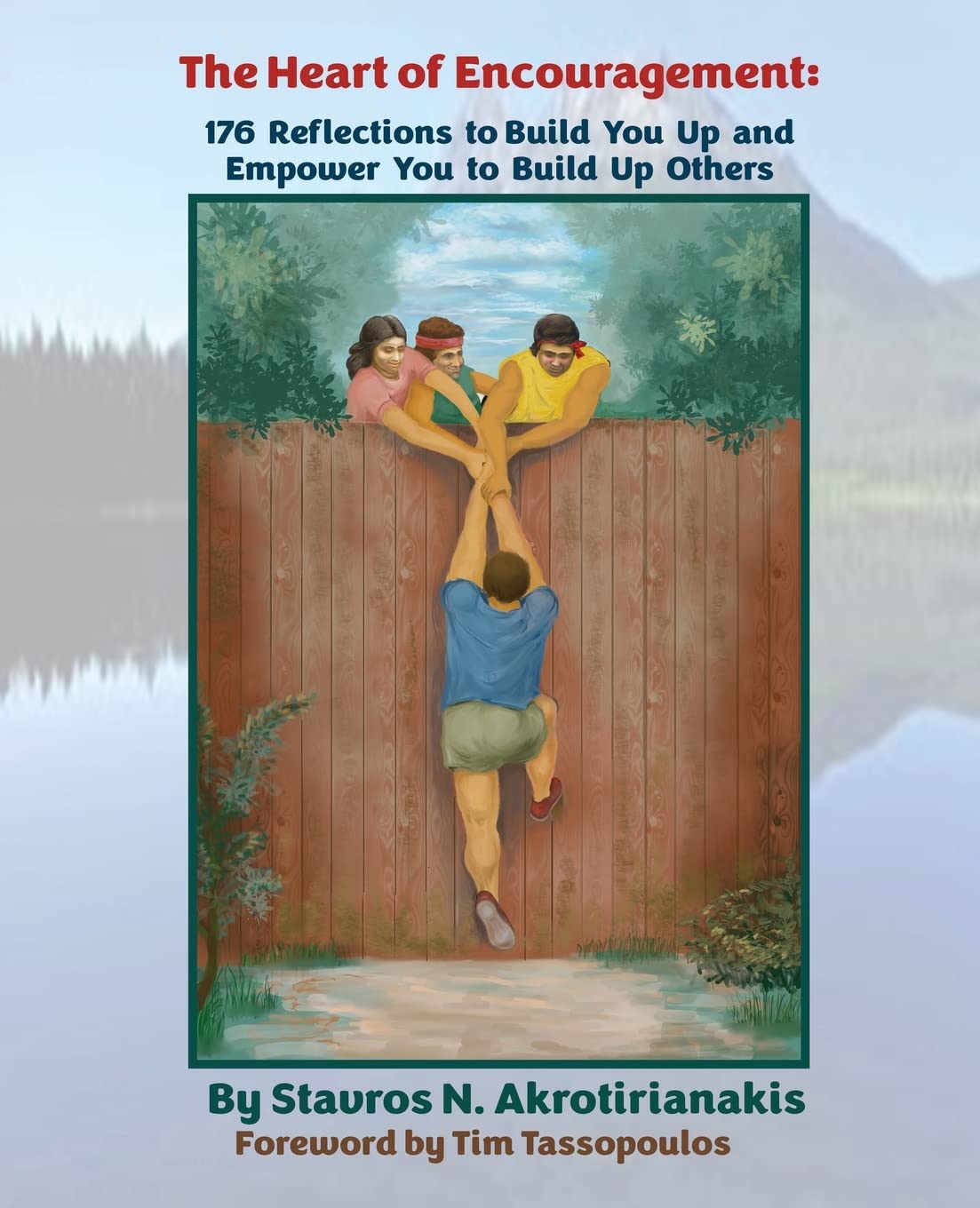They who wait for the Lord shall renew their strength, they shall mount up with wings like eagles, they shall run and not be weary, they shall walk and not faint. Isaiah 40:31
I am going to interrupt the encouragement series for one day (it will resume tomorrow), to respond to a request to write something to help those who are grieving. As a priest, my ministry seeks first and foremost to serve the Lord by serving others. There are more than two thousand people on the prayer team, and it is a privilege to serve you. I thought today’s request was a worthy one, and I know several people on the prayer are grieving the loss of a loved one and I’m sure there are many more who are and I just don’t know that.
Before I begin the message, I have received two prayer requests:
~Please pray for Vangie, a long time prayer team member who is in her 90s, who is facing some critical decisions about how to proceed with a serious medical situation.
~Please pray for Claire, who is in her 50s, who just got diagnosed with stage 4 pancreatic cancer. Please remember them in your prayers today. Thank you!
The question I am answering today was posed this way: Do you have any advice for people who are mourning within the first forty days of a loved one passing?
I will answer this question in two parts, first some practical advice for those who have just lost a loved one, who are in the 40 day period, and second, some advice for those who are still mourning the recent loss of a loved one, outside of the forty days.
Elisabeth Kubler-Ross wrote the book On Death and Dying in 1969 during which she identified five stages of grieving that occur in people who have terminal illness: Denial, Anger, Bargaining, Depression and Acceptance. Later on, she expanded these stages to include any kind of loss, including death of a loved one, loss of a job, or any other kind of loss. While some have criticized the book or ascribed different categories to the stages of grief, the key take away from Kubler-Ross is that we deal with grief in stages.
When someone dies, there are certainly at least three stages—shock, sadness and acceptance. Within the first forty days of a loss, often we are in shock, especially when a death occurs suddenly. Even when it doesn’t occur suddenly, even when we know it is coming, there is still a certain amount of shock that it actually happened. In this time of shock, there are a few things that are important to remember. First, allow yourself time to grieve. There are people who throw themselves into activities, in a sense denying what has happened. They think “If I just go back to work and resume life quickly, the pain will go away.” Some people self-medicate with alcohol or pills. People need to allow themselves time to grieve, and not delay grief. I have always believed that is a person is going to mourn or cry for “x number of days”, putting off grief by self-medicating or distraction does not lessen those number of days, it just delays them. Therefore, it is better to allow oneself time to grieve and not put it off.
Early on in the shock stage of grief, it is important to not make any significant decisions. You don’t have to clean out closets, give away belongings or think about selling a home. Just grieve. Talk about your loved one. Be around people with whom you feel comfortable and talk about what you loved and what you miss most. Tell stories. Listen to others tell stories. Allow yourself to laugh when you recall funny things. Allow people to do things for you—if people want to cook food and bring it over, allow that.
Wear whatever color you want. If you feel like you want to wear black, wear black. But if you feel smothered in black, don’t wear black. The day of my dad’s funeral years ago, I went home and put on a blue shirt and someone said to me “you aren’t going to wear black today?” And I joked, “as a priest I wear black every day, so no, when I’m not working, I prefer not wearing black, regardless of the kind of mood I’m in.”
Go to the cemetery as you feel like it—there is no right or wrong here. Some people want to go to the cemetery often, and other people don’t go much at all. There is no right or wrong, it’s whatever bring you comfort. I feel closest to my dad when I’m in church, I am not a cemetery person. But there are others who like to go to the cemetery often and that’s okay too.
Don’t stop going to church. There are people who actually think you are supposed to stay away from church for forty days. They are wrong! The best place to be is in church, going to the Divine Liturgy, receiving Holy Communion. Worshipping God is the not only a great source of comfort but an affirmation that we believe in Christ, in heaven and in salvation.
Don’t stop living. By this I mean, just because we’ve suffered loss and want to stop, it doesn’t mean the world is going to stop for us. If you have children, they still need to eat and go to school and do their homework. They can’t take 40 days (or really more than a couple of days) off from these things. Most people cannot take 40 days off of work. When grief is intense, work is actually a good distraction. Don’t feel guilty if you aren’t grieving 24/7. Grief is intense and we can’t handle it for long stretches. Work, be distracted, the grief will be there at the end of the work day.
As the shock wears off, a new reality will hit, and that is profound sadness. Someone you love is gone. You have feelings about that. While most people that are not in your immediate family will start to feel closure at the funeral, your sadness will linger for a lot longer. Talk to family and close friends about your grief. Consider joining a support group for a short period of time. (At our parish, we started a new program, which is actually a national program, called Grief Share—a 13-week support group for people who have suffered loss). See a counselor if needed. When you talk to your family and friends, be intentional. Tell them “I miss my mom and I want to feel safe talking about her with you. I don’t want to feel that there is an expiration date for when I have to stop talking about her or you get bored of me talking about her.” Your true friends will assure you that there is no expiration date on talking about your loved one and will patiently listen to you talk, even when you repeat the same stories. Friends show up for friends. If there are friends who are not showing up for you or who aren’t patient, that may be a sign that it’s time for new friends. However, among friends, they still need you as a friend, so you still have to show up for them, which may mean cheering at a ball game, continuing to teach Sunday school, or giving rides in carpool.
The most important thing during this sadness faze is to still allow yourself time to grieve, and identify the close friends and family who it is safe to grieve with. People linger in this phase for varying amounts of time, depending on the circumstances of who has passed away. If it is someone who lived in your house, this phase will probably be longer than it would be if the person lived across the country and you didn’t see them that often. My dad lived across the country, he wasn’t part of my daily life. For someone who has dad living next door, where they are part of the daily life, sadness will probably linger longer and be more acute.
Eventually, people come to a point of acceptance. How long this takes again varies from person to person. For me, my acceptance for my dad passing took one year. The first time through every holiday was difficult. The second time through it was easier. That is just me. Someone else’s experience may be different. Eventually we accept that our loved one has passed on and hopefully there is a nostalgia and a joy as we remember them. I still miss my dad, and I think of him often. I am at a place where I remember good things about him, and I unpack those memories on holidays and other times and I can smile about them now. Philosophically, I understand that children are supposed to bury their parents, and not the other way around. The loss of a child would bring a pain I hope I never feel, a pain that will linger (but hopefully lessen) throughout life. There is a 50/50 chance a spouse will bury another spouse, so that is a risk in getting married. But the joy of marriage outweighs that risk or no one would get married.
Today’s reflection is not meant to give all the answers, but rather a few points to ponder. May God strengthen all the members of the Prayer Team who have suffered loss of a loved one.
The Lord is my shepherd, I shall not want; He makes me lie down in green pastures. He leads me beside still water; He restores my soul. He leads me in the paths of righteousness for His name’s sake. Even though I walk through the valley of the shadow of death, I fear no evil; for Thou art with me; Thy rod and Thy staff, they comfort me. Thou prepares a table before me in the presence of my enemies; Thou anointest my head with oil, my cup overflows. Surely goodness and mercy shall follow me all the days of my life; and I shall dwell in the house of the Lord forever. Psalm 23
Memory eternal for all those whom we have lost, and may God grant us inspiration as we remember them and strength as we mourn their passing.
The Revised Standard Version of the Bible is copyrighted 1946, 1952, 1971, and 1973 by the Division of Christian Education of the National Council of the Churches of Christ in the U.S.A. and used by permission. From the Online Chapel of the Greek Orthodox Archdiocese of America.




